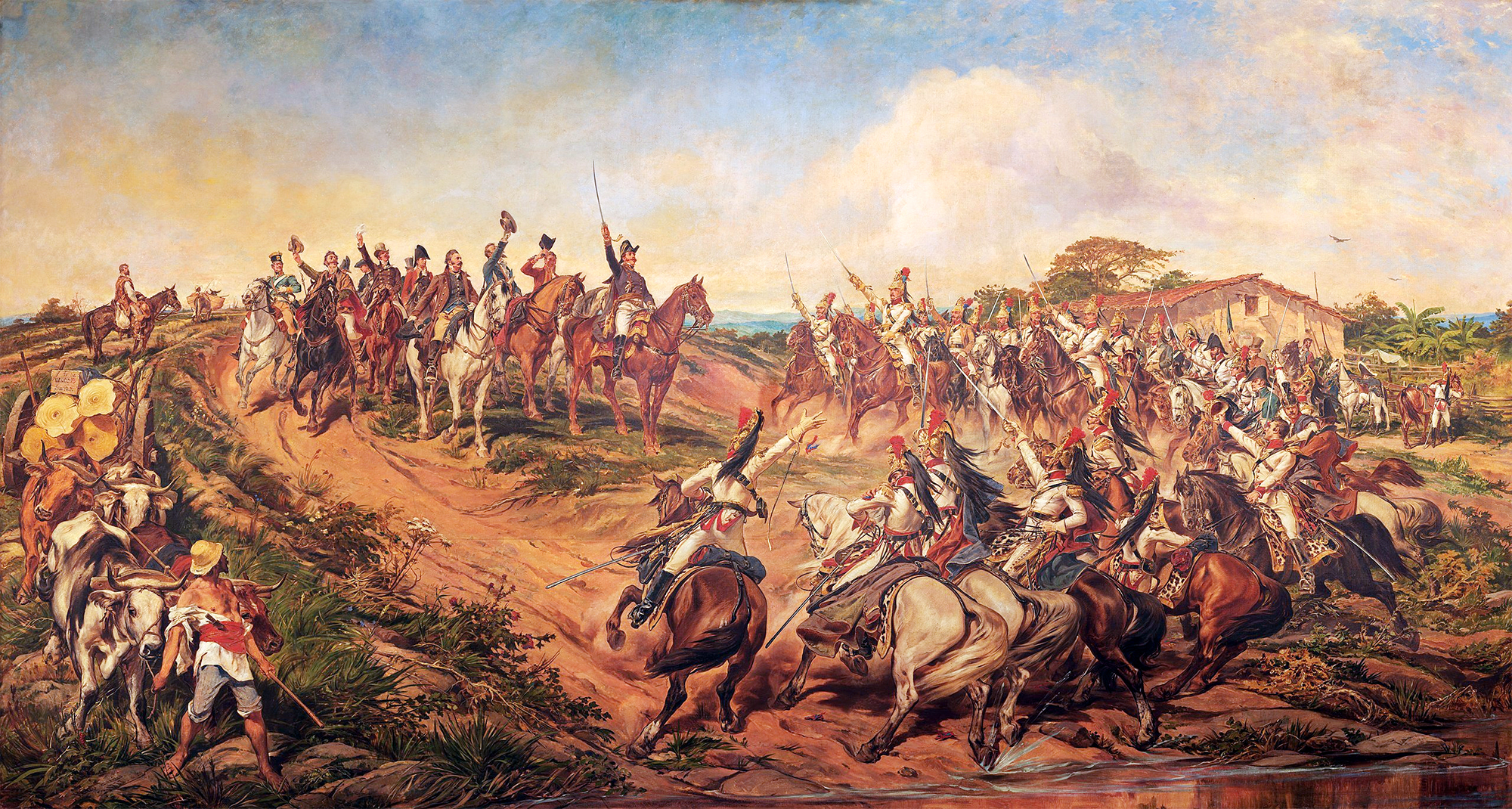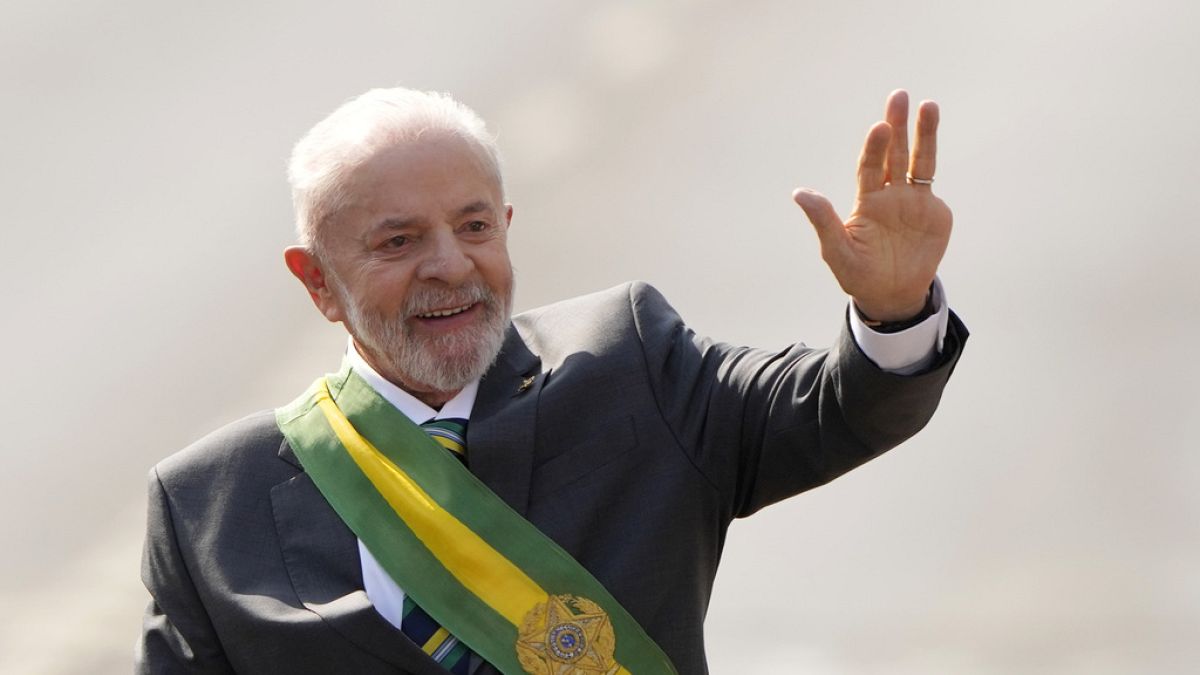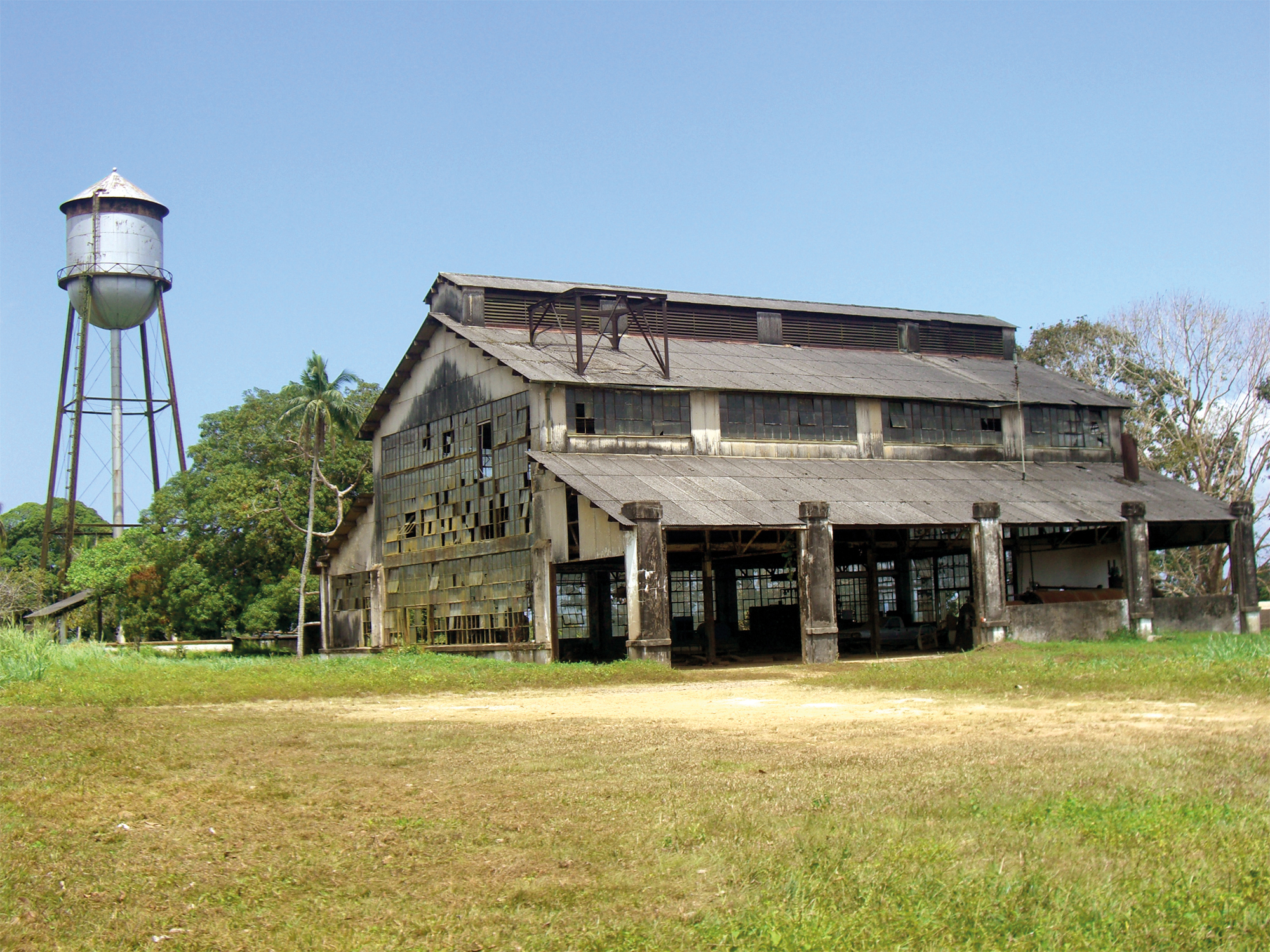Independence or morte?
- São Paulo, 7 September 1822. On the outskirts of the city, on the banks of the Ipiranga River, Portuguese prince Petri Bragançakoa proclaimed Brazil’s independence by shouting “Independência ou morte”.

From their beginnings, they compared Brazil with the process of independence of the rest of South America, where they had a unified, peaceful and agreed process that led them to the constitutional monarchy. In neighboring countries, however, they only saw war, chaos and republican anarchism. But historiography has increasingly questioned these characteristics of the process.
The political independence with respect to the metropolis is questionable in the light of the main character of the altar. Petri was named the first emperor of Brazil that same year and, for a while, he would also be king of Portugal – until he abdicated his daughter, although in practice he continued to rule. Petri IV was therefore from Portugal and I from Brazil.
It was also economically unable to shake up the dependence of Europeans. The Bragança and, consequently, the Brazilians, were indebted to Britain for their diplomatic support for the process. The British would have achieved or ratified preferential conditions and monopolies to the detriment of Brazilian commercial interests.
Portugal was not subject to the independence agreement, while the Brazilians, the conquered, had to compensate the former conquerors.
Moreover, despite the increase in blood emissions in other neighbouring countries, the Brazilian process was not entirely peaceful. Some 60,000 soldiers were mobilized and the conflict caused more than 3,000 deaths.
Although independence was agreed with the metropolis, it was clearly to the detriment of the Brazilians. Portugal recognized the independence of Brazil in August 1825 through a treaty. Portugal did not impose any conditions, while the Brazilians, the conquered, had to compensate the former conquerors. This, together with the conditions signed with Britain, led to the country’s newborn debt. He also had a point of humiliation, because he did not recognize that the Brazilians themselves had achieved independence, but a beneficial gesture of Portugal with Petri. Therefore, historian José Honório Rodrigues called the process “counter-revolutionary”.
The second centenary of independence has had little impact, partly because it has been left in the shadow of other concerns, because citizens and authorities are keen on the elections on 2 October. But also, 200 years ago, because they don't find many reasons to celebrate it.
There are several people to study, including Elon Musk. The idea of freedom that they have seems to come from the need to control everything, to have all the power, because being all the power is easier to create business, there is no discussion; the hegemonic models grow with... [+]
Many Basques await the arrival of sunny summer days. “It’s not common for this time to be done in May,” some say, “earlier it was,” others. The people of Lazkao and Maule do not know how to blame climate change and what not, but they have surprised the heavy spring... [+]












-(1).jpg)












